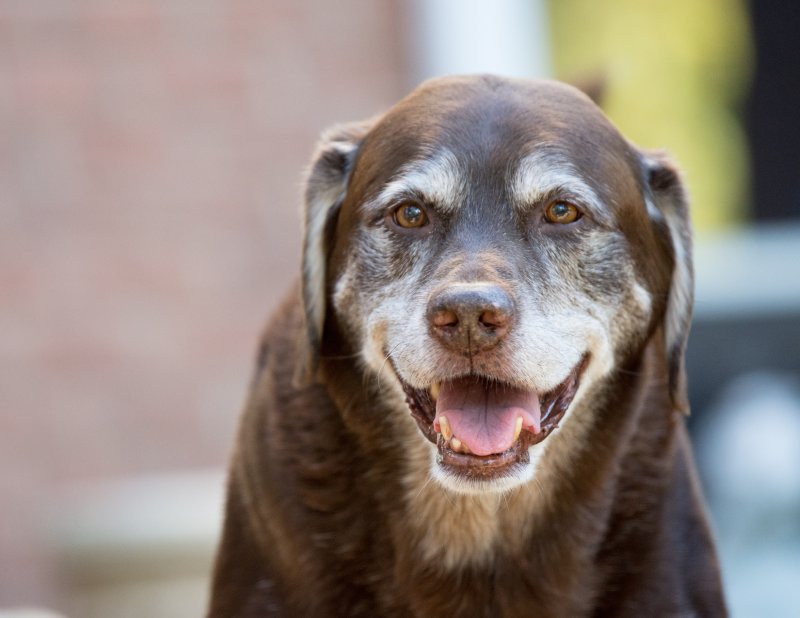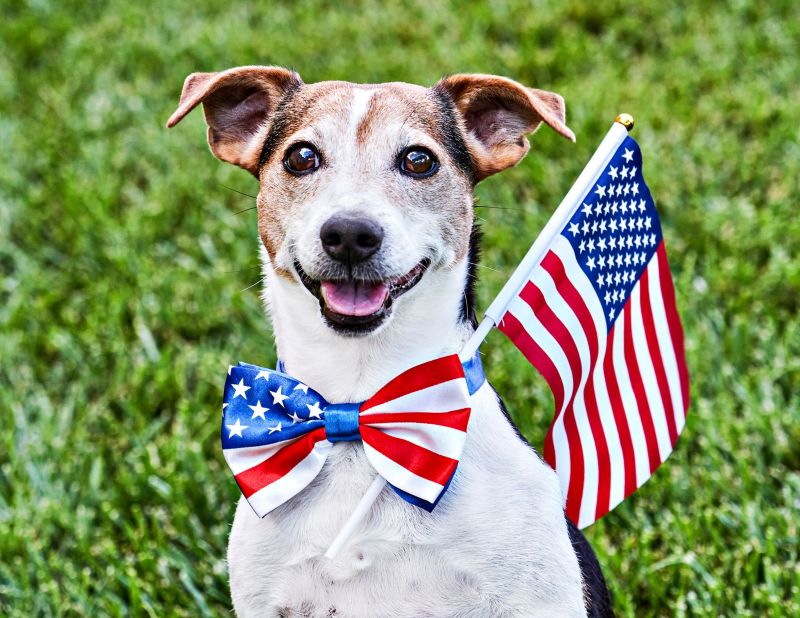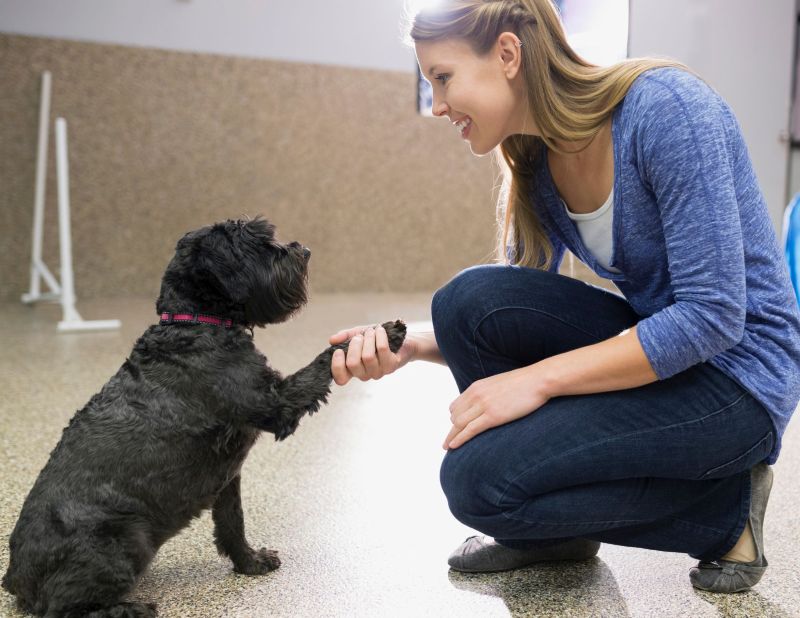As dogs grow older, their needs change. They may slow down, develop health issues, or become more sensitive to their environment. For pet care facilities, understanding these changes and adapting services can ensure older dogs stay comfortable, happy, and healthy. Supporting senior dogs is not just about providing care—it’s about giving these cherished companions the dignity and attention they deserve in their golden years.
Understanding the needs of senior dogs senior dogs often face challenges like arthritis, reduced mobility, hearing or vision loss, and increased anxiety. They may require more rest, gentle handling, and special accommodation. Recognizing these needs is the first step to providing exceptional care.
Creating a Senior-Friendly Environment
- Comfortable Spaces: Offer soft, orthopedic bedding and warm rest areas to ease joint pain. Providing heated mats or raised beds can add extra comfort, especially during colder months.
- Ramps and Non-Slip Surfaces: Install ramps instead of stairs and ensure floors are non-slip to prevent falls. Rubber mats or carpeted areas can help senior dogs move around safely.
- Quiet Zones: Designate low-traffic, quiet areas where older dogs can relax away from younger, energetic dogs. These zones can reduce stress and help dogs rest peacefully.
Tailored Exercise and Activity
- Gentle Exercise: Provide low-impact activities like slow walks, light play sessions, or hydrotherapy. These helps maintain mobility without straining aging joints.
- Individual Playtime: Some senior dogs may not enjoy group play. Offering one-on-one attention ensures they stay active in a way that suits their comfort level.
- Rest Breaks: Incorporate regular rest breaks into their day. Older dogs tire easily and benefit from time to relax between activities.
Nutrition and Health Support
- Special Diets: Work with owners to ensure senior dogs receive proper nutrition. Offering specialized diets or softer food can help with dental issues or digestive sensitivities.
- Medication Management: Consistent medication schedules are vital for older dogs with health conditions. Use kennel software to track each senior dog’s medication schedule, dietary needs, and health updates. This ensures no detail is overlooked and helps staff provide consistent care.
- Health Monitoring: Keep an eye out for signs of discomfort, pain, or changes in behavior. Reporting these observations to pet owners can help them address potential health concerns early.
Staff Training and Communication
- Senior Dog Handling: Train staff in gentle handling techniques and recognizing signs of pain or anxiety. Proper lifting methods can prevent injuries for both dogs and caregivers.
- Clear Communication: Maintain open communication with pet owners about their dog’s behavior and health during their stay. Providing detailed updates reassures owners and builds trust.
- Customized Care Plans: Create individual care plans based on each dog’s needs and medical history. Personalizing your approach shows families you prioritize their senior pet’s well-being. Kennel management software can simplify creating and updating individualized care plans, making it easy to adapt as a dog’s needs change.
Building a Reputation for Senior Dog Care Focusing on senior dogs can set your facility apart. Pet owners with older dogs often struggle to find businesses that understand their pet’s unique needs. By highlighting your senior-friendly services on your website and social media, you can attract this dedicated group of clients. Sharing success stories or testimonials from owners of senior dogs can further strengthen your reputation.
Caring for senior dogs requires a little extra effort, but the reward is immeasurable. These loyal companions deserve comfort, attention, and respect as they age. By creating a senior-friendly environment, your pet care facility can become a trusted haven for older dogs and their families.



